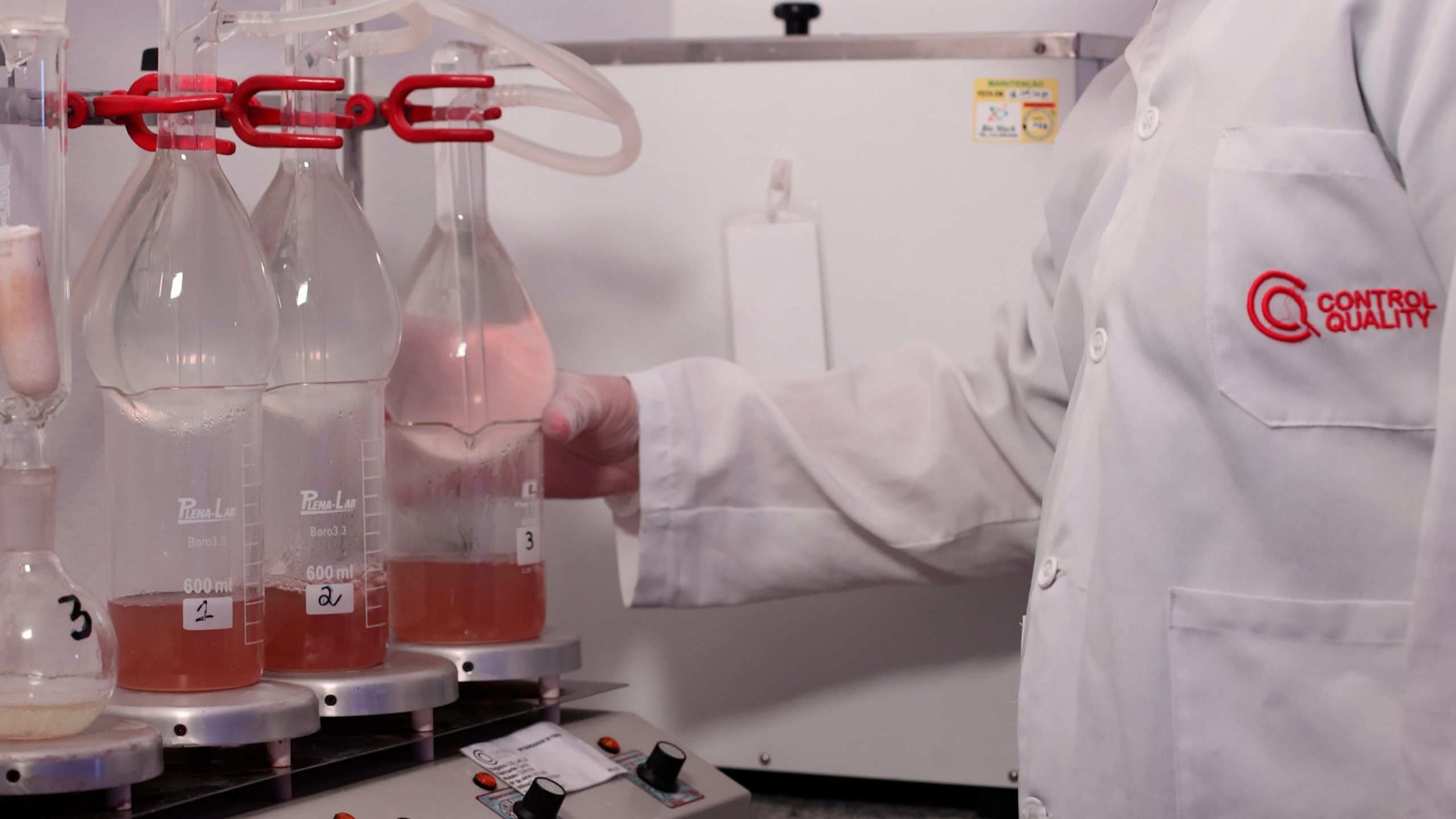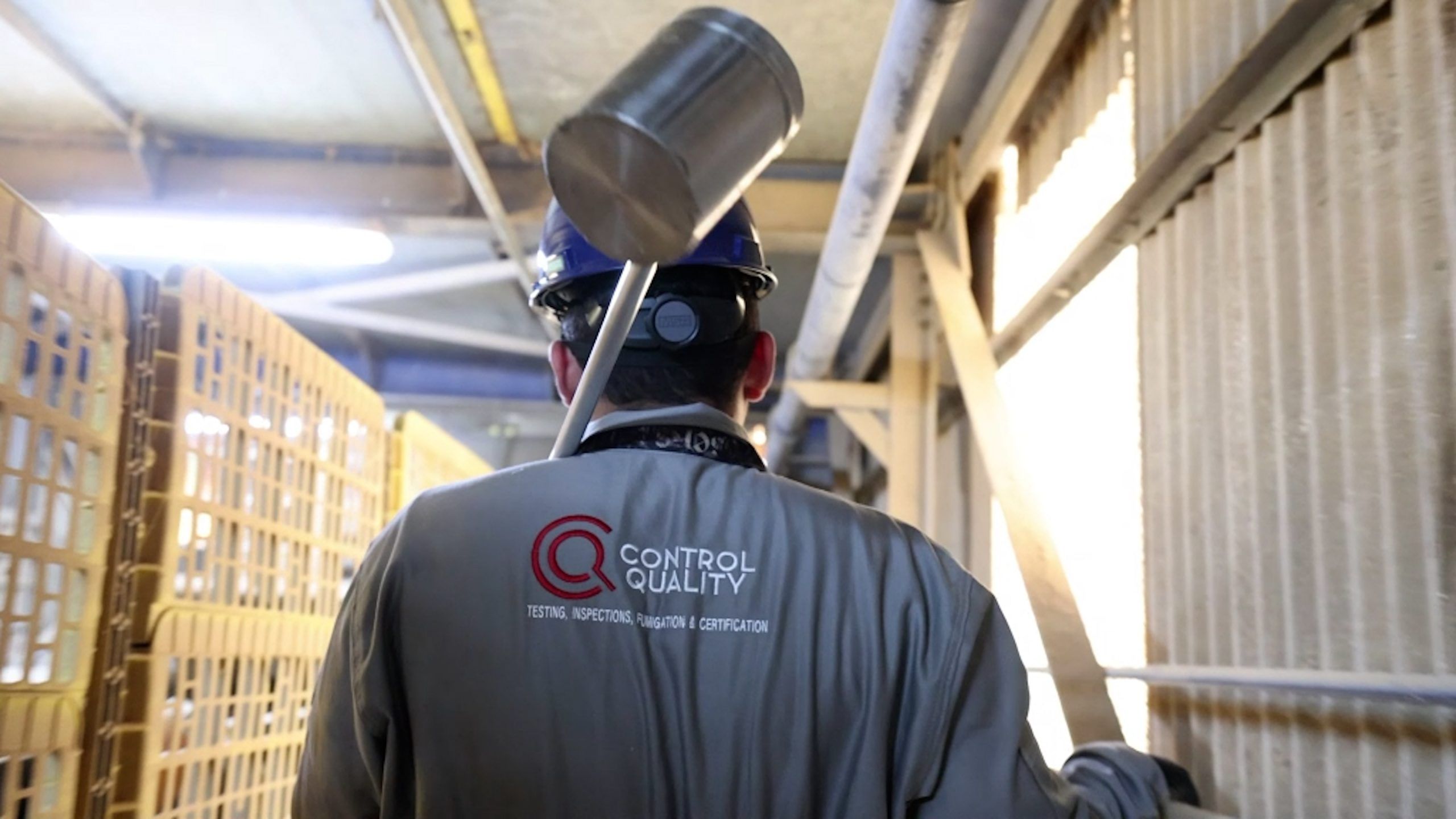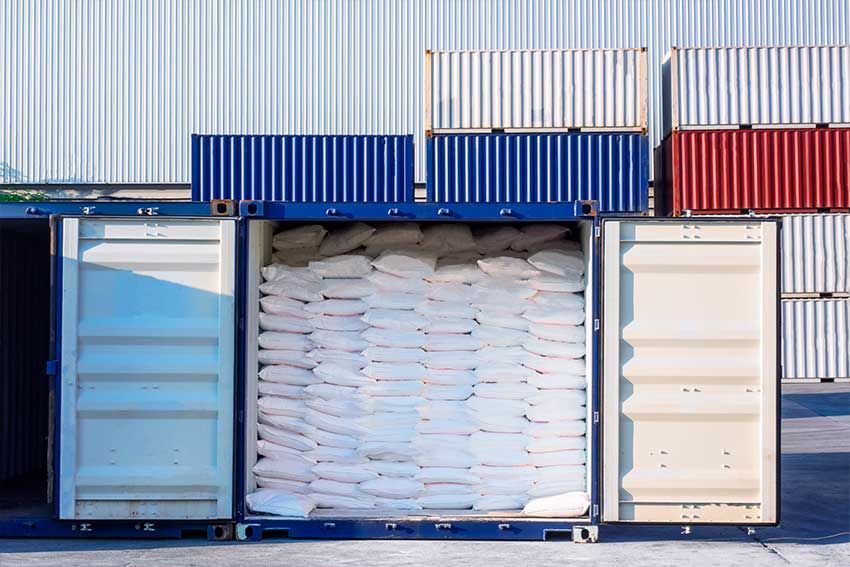 We've evolved from Control Quality to CIS (Commodity Inspection Services)! Same trusted service, new name. We've evolved from Control Quality to CIS (Commodity Inspection Services)! Same trusted service, new name. |
 We've evolved from Control Quality to CIS (Commodity Inspection Services)! Same trusted service, new name. We've evolved from Control Quality to CIS (Commodity Inspection Services)! Same trusted service, new name. |
The sampling stage consists of a careful, impartial, responsible, limited and representative selection of agricultural consignments. We are able to conduct sampling in accordance with the main national and international guidelines in order to ensure the composition, reduction, integrity, inviolability, traceability, custody, distribution and responsible disposal of samples drawn in accordance with applicable normative instructions, sales contracts or express instructions from our principals.


Testing is a crucial step in the certification process for agricultural goods. It is through tests, whether physical or chemical, quantitative or qualitative, that it is possible to validate specifications, fitness and manage risks.
With an accredited laboratory and a leader in the agricultural sector, we are able to provide tests and analyses that allow us to establish everything from the health of whole crops to the product identity and food safety of food intended for human or animal consumption.


Soybeans events
Corn/maize events


We are a leading inspection company and a full member of the TIC Council which enables us to provide a wide range of services for agricultural goods and cargo compartments.
As the name suggests, Pre-Shipment Inspections enable an early detection of eventual quantitative and qualitative contractual non-conformities of the cargo before its shipment. Pre-Shipment Inspections may include inspection of storage conditions, inspection of packaging conditions, quantity inspections, sampling and tally of the stored product, which, when performed reasonably in advance of shipment, can eliminate unexpected costs later on.


The presence of residues from previous cargoes, foreign matter, moisture, odors and infestations in cargo compartments can place substantial burdens on the market or even prevent the shipment of the goods. Our inspectors are trained to verify the cleanliness conditions of cargo compartments and to assess previous loads and applied cleaning methods in accordance with the IDTF Database or the FOSFA Acceptable Previous Cargoes List in order to avoid cross contamination.
International customs authorities, regulatory standards or contractual agreements may require packaging to meet minimum compliance criteria. The proper definition of a particular type of packaging may also be governed by the type of the goods or its method of transportation. Our inspectors are able to assess compliance with all applicable requirements and comment on the suitability of packaging.


Quantity inspections require expertise and a suitable measurement engineering depending on the type of product. Our inspectors are able to combine two or more practical solutions for measuring the volumetric quantity of agricultural goods in order to minimize the risk of contractual disputes after the product is unloaded at the destination.
Volumetric non-compliance of agricultural goods loaded in bulk on bulk carriers can result in unexpected dead freight costs or contractual disputes. The draft survey carried out by our inspectors allows us to determine with absolute precision of up to 0.5% the weight of the goods loaded in bulk by measuring the displacement of the draft after the end of the shipment in relation to the reading of the draft before loading commences.


Bulk goods are naturally more exposed to risks of accidental contamination than unitized goods. Operating and climatic conditions are some of the aspects monitored by our inspectors during the shipment or unloading of consignments of agricultural bulk goods, constituting our effort to ensure that any risks to the goods during these stages are constantly monitored, allowing a quick response from port operators, when necessary .
Tight deadlines and dynamic stuffing operations common in port areas can result in goods being loaded insecurely and indiscriminately, which can result in safety risks and damage to the goods. Our inspectors are trained to supervise cargo stuffing from start to finish, recording any anomalies during these stages as well as their operating conditions.


Prior to or during the shipment of the goods, it is essential to ensure that the weighing of the product takes place in a reliable, appropriate, assertive and impartial manner in order to avoid disputes. Weighing conditions are as important as the weighing itself since a variety of external factors can influence the assertiveness of the weighing method used. Our inspectors ensure that the weighing of unitized or bulk goods is carried out and documented in accordance with the needs of each type of product or applicable guidelines.
Loss of tightness in cargo compartments continues to be a constant factor in damage to agricultural goods caused by unfavourable weather during transport. The tightness of cargo compartments must be ensured by the shipowners. Our inspectors may, however, be assured of the tightness of such compartments by witnessing the execution of tightness tests that simulate adverse weather conditions to be carried out by the owner of said compartment or its agent.


After transporting goods over long distances, it is common to hear reports where cargo compartments loaded with a given cargo arrive at their destination in an apparent safe condition, but when opened, were found to be short loaded or containing illicit specimes. In order to make it difficult for cargo compartments to tampered with, after the conclusion of our intervention, we carry out sealing of such compartments, indicating that their inviolability must be preserved until their arrival at their destination.
Reasons for fumigating include phytosanitary requirements, attempts to eradicate pest infestations, or as a prophylactic measure. Our applicators have the necessary experience and expertise to ensure fumigations with a high level of efficiency and in accordance with the main methods used by the market.


The certification of the results of our interventions of sampling, testing, inspections, certification and fumigation segments constitutes the conclusive stage of our activities. Our certificates can be issued either physically or electronically as well as being fully traceable and in full compliance with UCP 600, documentary instructions or express instructions from our principals. Some of the certificates issued by Control Quality include Cleanliness Certificate, Quantity, Quality and Packaging Certificate, Weight Certificate, Analysis Certificate, Certificate of Hygienic and Sanitary Condition , Packing List and Certificate of Sealing of Cargo Compartments.
© Control Quality Ltda.